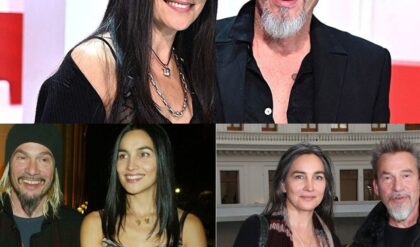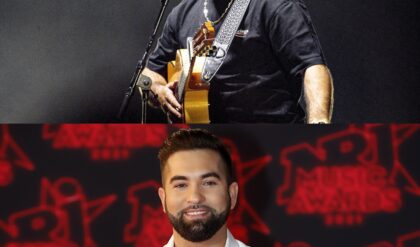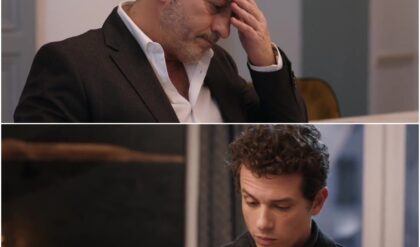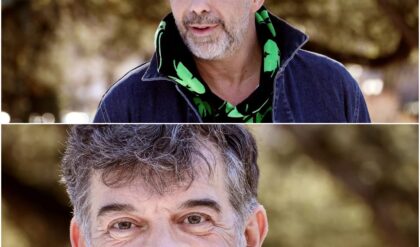The tumultuous start of the new year in 2024 saw comedian Katt Williams stirring up controversy with his fiery interview on Shannon Sharp’s show, Club Shay. Williams spared no one, criticizing fellow comedians such as Steve Harvey, Kevin Hart, Ricky Smiley, Cedric the Entertainer, and more.

Williams accused Kevin Hart of being an “industry plant,” implying that Hart’s success was manufactured by conforming to industry norms. Hart, in response, urged Williams to take responsibility for his own actions, citing Williams’ past struggles with substance abuse.
The feud extended to accusations of joke stealing, with Williams alleging that Cedric the Entertainer appropriated one of his jokes. He also accused Steve Harvey of jealousy towards Bernie Mac’s success and criticized him for allegedly stealing jokes and misrepresenting his past.

Ricky Smiley was not spared either, with Williams claiming that Smiley falsely portrayed himself as the original choice for a role in “Friday After Next.” Smiley defended himself, stating that he auditioned for the role of Money Mike but was later cast as Santa Claus.
The controversy escalated as Williams took issue with heterosexual comedians wearing dresses for comedic roles, citing discomfort with the practice. He criticized Martin Lawrence for suggesting he wear a dress in “Big Momma’s House 2,” reflecting a broader debate within the comedy community about the portrayal of gender stereotypes for laughs.
In response to the backlash, some comedians clarified their positions and defended their actions, while others chose to remain silent. The interview ignited discussions about authenticity, creative integrity, and the pressures of the entertainment industry.
In the end, the heated exchanges underscored the complexities and tensions within the world of comedy, where personal and professional rivalries often intersect with broader societal debates about representation and artistic freedom.





